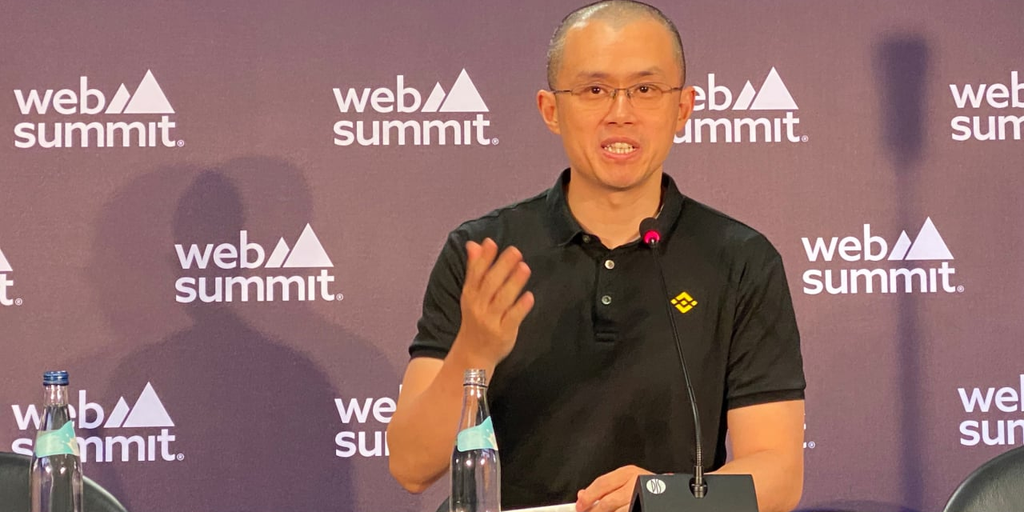The NFT case promises to test the limits of insider trading laws

Federal prosecutors, in bringing a new case involving trading in non-fungible tokens, will test whether fraud theories used to police capital markets can also apply to the more unorthodox NFT market that flourished during the Covid-19 pandemic.
Nathaniel Chastain, a former employee of NFT marketplace OpenSea, in June became the first person charged in what prosecutors described as insider trading in NFTs, a kind of digital proof of purchase for goods such as art.
But the New York Council of Defense Lawyers, a trade group of lawyers, argues that prosecutors are trying to twist the law to make workplace misconduct that they argue is not actually insider trading a crime. They urged a judge to take the unusual step of throwing out the case before a jury sees it.
The rise of play-to-earn video games – where players trade NFTs – offers a glimpse into how the metaverse can attract users with monetary rewards, and the backlash that can come with it. Photo illustration: Josephine Chu
Because Mr. Chastain is charged under the relatively broad wire-fraud statute, rather than the securities fraud statute typically used in insider-trading cases, prosecutors will no doubt need to wrangle the difficult question of whether a digital asset such as an NFT is a security. under the law.
Mr. Chastain’s alleged crime, according to the theory outlined by prosecutors, was to steal OpenSea’s confidential information. He was also charged with money laundering.
A spokesman for the prosecutor’s office declined to comment on the case. A lawyer for Mr. Chastain, David Miller, also declined to comment. OpenSea, which is legally known as Ozone Networks Inc., previously said it launched an investigation after learning of his alleged behavior and eventually asked him to leave.
A green light for prosecutors could “massively expand wire fraud to capture all kinds of workplace indiscretions” that might not even get an employee in trouble, let alone charged, the NYCDL said in a filing last week.
Mr. Chastain had been involved in selecting the NFTs to be displayed on OpenSea’s website, exposure that can quickly increase a work’s value. Prosecutors say that between June and September of last year, he used the confidential knowledge to buy about 45 of the selections in advance and profit quickly when their public display boosted demand.
Mr. Chastain more than quadrupled his money on “Spectrum of a Ramenfication Theory,” an NFT drawing of aliens eating ramen, the indictment said.
Although the market for NFTs has been turbulent, it has made some people rich. Monkey NFTs, a beloved symbol for early crypto adopters, have sold for more than $1 million.
The NYCDL said that if prosecutors win, the case against Mr. Chastain could allow for a range of prosecutions if an employee used work information elsewhere, such as a whistleblower charged with taking company material to show a reporter, or a manager who knows that his company will be moving to a small town and buying a home before prices rise.
The case comes amid a campaign by the U.S. Justice Department to more aggressively pursue misdemeanors, an effort first outlined by Deputy U.S. Attorney Lisa Monaco in a speech last year.
“She basically said, ‘Be bold, take risks,'” said Seth DuCharme, a former federal prosecutor in Brooklyn who now works as a partner at the law firm Bracewell LLP.
Digital assets are an “exciting area for those who want to be at the front of the hunting party,” Mr. DuCharme said. But ultimately, prosecutors will have to convince a jury that Chastain engaged in something like “lying, cheating and stealing” and that he knew he was doing something wrong, Mr. DuCharme said.
“It is not usually in the interests of justice to alert people to what is criminal behavior by prosecuting them,” he said.
Ian McGinley, a former federal prosecutor in New York who is now a partner at the firm Akin Gump Strauss Hauer & Feld LLP, said prosecutors have a lot of leeway in bringing cases under the fraud statute.
“It’s a good thing for prosecutors to have the flexibility to confront new technologies, because at the end of the day, fraud is fraud,” he said.
The case against Chastain could turn on whether OpenSea considered the listings on the cover to be commercially valuable, McGinley said.
“The question will be where to limit enforcement because not all misuse of information is a crime,” he said.
—Mengqi Sun contributed to this article.
Write to Richard Vanderford at [email protected]
Copyright ©2022 Dow Jones & Company, Inc. All rights reserved. 87990cbe856818d5eddac44c7b1cdeb8
























